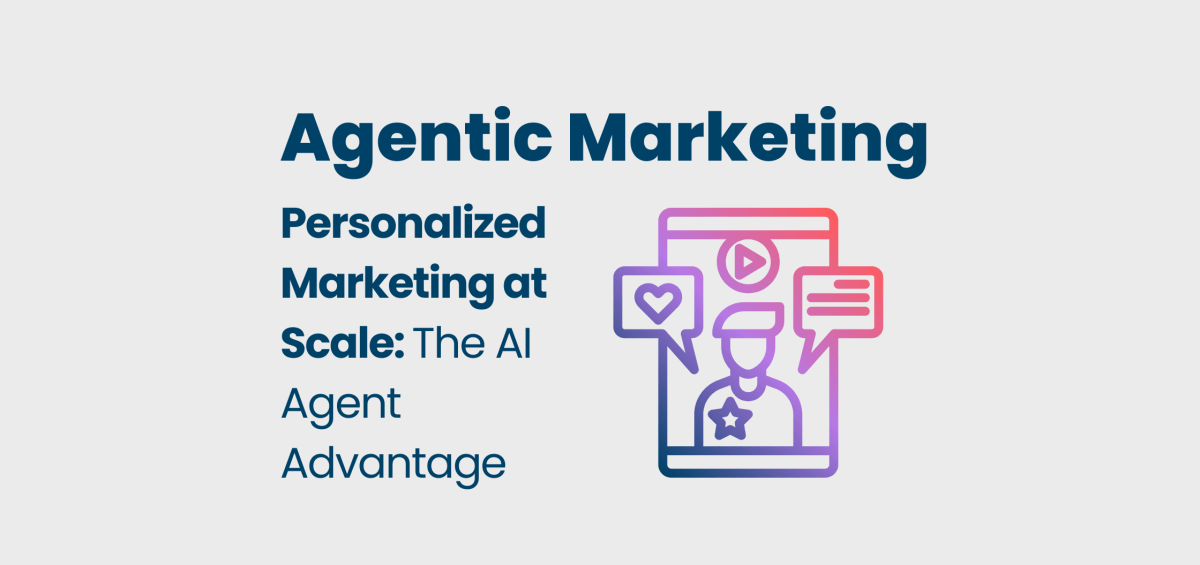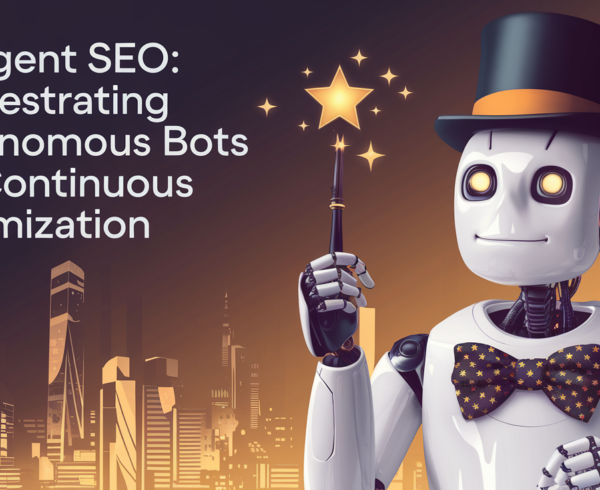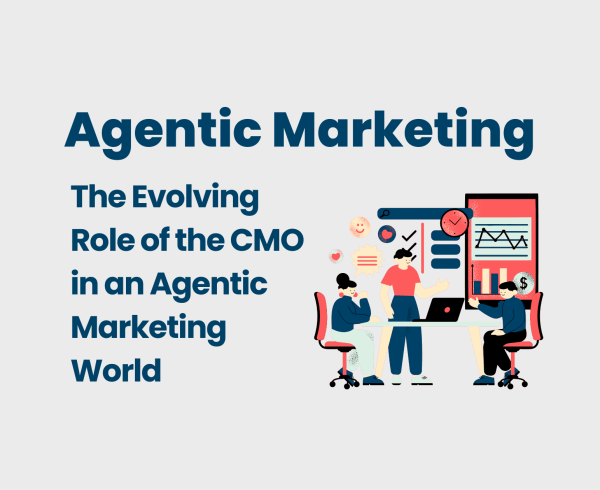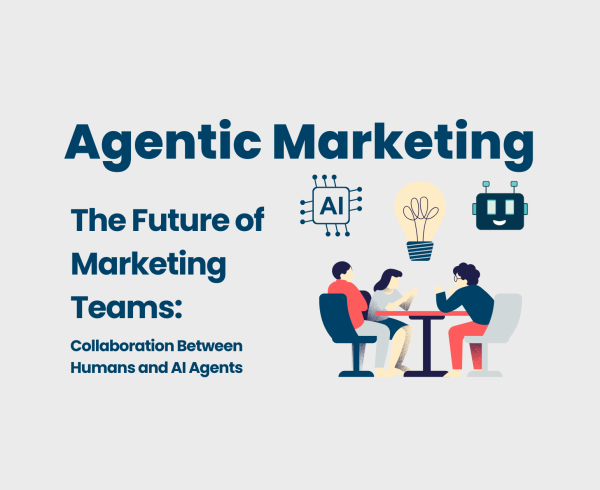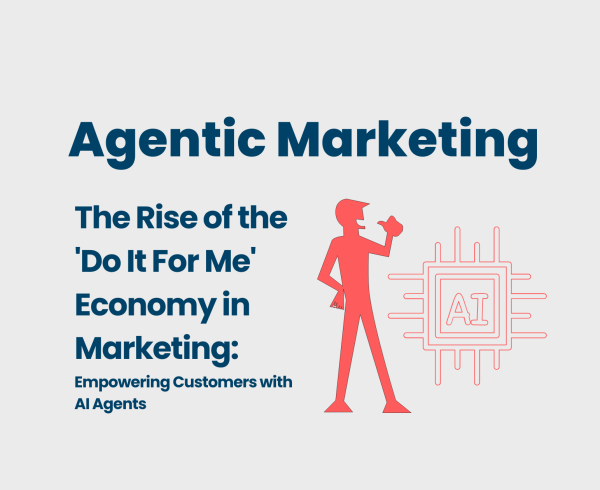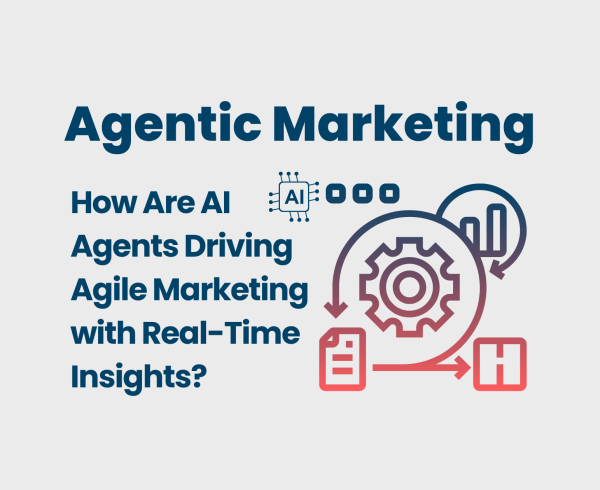In today’s hyper-competitive digital landscape, generic marketing messages simply don’t cut it anymore. Consumers crave personalized experiences that resonate with their individual needs and preferences. While the desire for personalization is clear, achieving it at scale has long been a significant challenge for marketers. This is where AI agents step in, offering a powerful advantage in delivering truly personalized marketing experiences to vast audiences efficiently and effectively. Here are seven key advantages of leveraging AI agents for personalized marketing at scale:
1. Granular Customer Understanding: Beyond Basic Segmentation
Traditional marketing often relies on broad customer segmentation based on limited demographic or behavioral data. This approach, while better than no personalization, often falls short of delivering truly relevant and impactful experiences. AI agents excel at developing a granular understanding of individual customers by analyzing a vast array of data points.
AI agents can ingest and process data from numerous sources, including website activity, purchase history, social media interactions, email engagement, app usage, and even real-time contextual information. Using advanced machine learning algorithms, they can identify intricate patterns, preferences, and intent signals that would be impossible for human marketers to discern manually at scale. This deep, individualized understanding forms the foundation for delivering truly personalized marketing messages and offers that resonate with each customer on a one-to-one basis, moving far beyond the limitations of basic segmentation.
2. Dynamic Content Adaptation: Tailoring Every Touchpoint
Imagine a marketing campaign where every piece of content – from website banners and product recommendations to email subject lines and ad creatives – is dynamically tailored to the individual viewing it. AI agents make this level of dynamic content adaptation a reality.
Based on the granular customer understanding they develop, AI agents can autonomously modify and personalize content in real-time. For example, an AI agent managing an e-commerce website might display different product recommendations to different users based on their Browse history and past purchases. Similarly, an email marketing agent could dynamically adjust the content of an email newsletter based on a recipient’s interests and previous interactions with the brand. This dynamic adaptation ensures that every touchpoint feels relevant and engaging to the individual customer, increasing the likelihood of conversion and fostering a stronger sense of connection with the brand.
3. Predictive Offer Optimization: Delivering the Right Offer at the Right Time
Knowing what to offer a customer is crucial, but knowing when to offer it can be just as important. Traditional marketing often relies on static promotional calendars and generalized offers. AI agents bring the power of predictive analytics to offer optimization, enabling the delivery of the right offer to the right customer at the precise moment they are most receptive.
By analyzing customer behavior and purchase patterns, AI agents can predict when a customer is likely to be interested in a particular product or service. They can then autonomously trigger personalized offers at that opportune moment, significantly increasing the chances of conversion. For instance, an AI agent might identify a customer who has repeatedly viewed a specific product but hasn’t made a purchase. The agent could then autonomously send a personalized email with a special discount or a limited-time offer to incentivize the purchase. This predictive and timely delivery of offers maximizes their effectiveness and enhances the overall customer experience.
4. Personalized Customer Journey Orchestration: Guiding Individuals Through Unique Paths
As discussed in the previous article, AI agents excel at orchestrating the customer journey. In the context of personalization, this means guiding individual customers through unique paths tailored to their specific needs and preferences.
Instead of a one-size-fits-all journey, AI agents can create personalized pathways based on a customer’s behavior, engagement, and stated preferences. They can autonomously trigger relevant content, offers, and interactions at each stage of the journey, ensuring a seamless and highly relevant experience. For example, a customer who is new to a brand might be guided through an onboarding sequence with introductory content and special offers, while a loyal customer might receive exclusive early access to new products or invitations to VIP events. This personalized journey orchestration fosters deeper engagement and strengthens customer loyalty.
5. Autonomous Channel Selection: Reaching Customers Where They Are
In today’s multi-channel world, customers interact with brands across a variety of platforms. Reaching them effectively requires understanding their preferred channels and engaging with them accordingly. AI agents can autonomously determine the optimal channels for reaching individual customers based on their past behavior and preferences.
By analyzing data on how a customer interacts with a brand across different channels – email, social media, SMS, in-app notifications – AI agents can identify their preferred communication methods. They can then autonomously deliver personalized messages and offers through these preferred channels, increasing the likelihood of engagement and ensuring that marketing efforts are not wasted on channels that a customer rarely uses. This autonomous channel selection ensures that personalized marketing messages are delivered in the most effective and convenient way for each individual.
6. Real-Time Interaction Personalization: Adapting to Immediate Needs
Personalization shouldn’t just happen between interactions; it should also occur during interactions. AI agents can personalize customer interactions in real-time, adapting to their immediate needs and questions.
For example, an AI-powered chatbot on a website can analyze a customer’s questions and provide personalized answers and recommendations based on their past behavior and the context of the current interaction. Similarly, an AI agent assisting a customer service representative can provide real-time insights and personalized suggestions to help the representative resolve the customer’s issue more effectively. This real-time personalization enhances the customer experience and demonstrates that the brand truly understands and values the individual.
7. Continuous Learning and Improvement: Refining Personalization Over Time
The beauty of leveraging AI agents for personalized marketing is their ability to continuously learn and improve over time. As they gather more data and observe customer responses, AI agents can refine their personalization strategies to become even more effective.
Through machine learning, AI agents can identify which personalization tactics are most successful with different customer segments and individual users. They can then autonomously adjust their approach to optimize for better results. This continuous learning loop ensures that personalization efforts become increasingly sophisticated and impactful over time, leading to ongoing improvements in customer engagement, satisfaction, and conversion rates.
In conclusion, AI agents offer a significant advantage for marketers looking to deliver personalized marketing experiences at scale. Their ability to develop granular customer understanding, dynamically adapt content, predict and optimize offers, orchestrate personalized journeys, autonomously select channels, personalize interactions in real-time, and continuously learn and improve makes them an invaluable asset in today’s competitive landscape. By embracing the power of AI agents, marketers can move beyond basic segmentation and deliver truly individualized experiences that resonate with each customer, fostering stronger relationships and driving significant business results. The future of personalized marketing is undeniably intertwined with the capabilities and advancements of AI agent technology.

